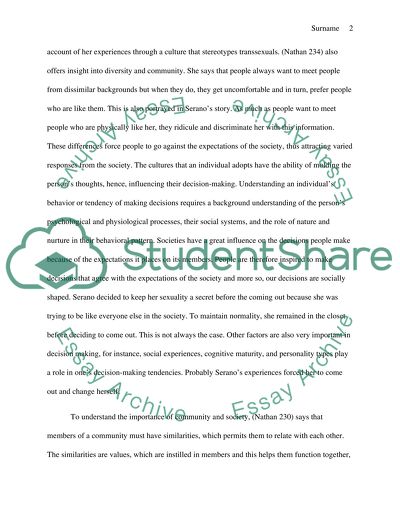Cite this document
(“Consequences of Upward Mobility Research Paper Example | Topics and Well Written Essays - 2250 words”, n.d.)
Consequences of Upward Mobility Research Paper Example | Topics and Well Written Essays - 2250 words. Retrieved from https://studentshare.org/social-science/1434201-using-all-three-essaysserano-surowiecki-and-nathan
Consequences of Upward Mobility Research Paper Example | Topics and Well Written Essays - 2250 words. Retrieved from https://studentshare.org/social-science/1434201-using-all-three-essaysserano-surowiecki-and-nathan
(Consequences of Upward Mobility Research Paper Example | Topics and Well Written Essays - 2250 Words)
Consequences of Upward Mobility Research Paper Example | Topics and Well Written Essays - 2250 Words. https://studentshare.org/social-science/1434201-using-all-three-essaysserano-surowiecki-and-nathan.
Consequences of Upward Mobility Research Paper Example | Topics and Well Written Essays - 2250 Words. https://studentshare.org/social-science/1434201-using-all-three-essaysserano-surowiecki-and-nathan.
“Consequences of Upward Mobility Research Paper Example | Topics and Well Written Essays - 2250 Words”, n.d. https://studentshare.org/social-science/1434201-using-all-three-essaysserano-surowiecki-and-nathan.


